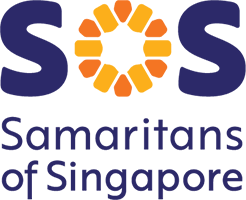Suicide deaths are often sudden, abrupt, and violent. The lack of anticipation alone can render the death traumatising to the next-of-kin, friends, neighbours, co-workers and even to the professionals. The Asian context still heavily stigmatises suicide. The significant others of the deceased, also known as ‘suicide survivors’, find themselves simultaneously dealing with other social and psychological aspects such as guilt and shame, social stigma and isolation unique to suicide deaths. Suicide survivors are also found to be at higher risk of mental health problems and increased risk of suicide.
For each suicide death, approximately 135 people suffer intense grief or are affected profoundly by the suicidal behaviour [IASP]. Professionals or para-counsellors in the helping profession may encounter clients who have lost someone through suicide or may themselves lose clients through suicide.
Post-crisis management for suicide loss involves activities that support the suicide survivors against the pervasive and persistent effects of the traumatic death through psychoeducation, psychological interventions, and mobilisation of resources. This can range from short to long-term intervention.
At Level 1, the focus is on rendering immediate assistance and support to suicide survivors. Participants will learn the knowledge and skills necessary to provide post-crisis support following a suicide death, drawing on current literature, real-life scenarios and simulated role play practices.




